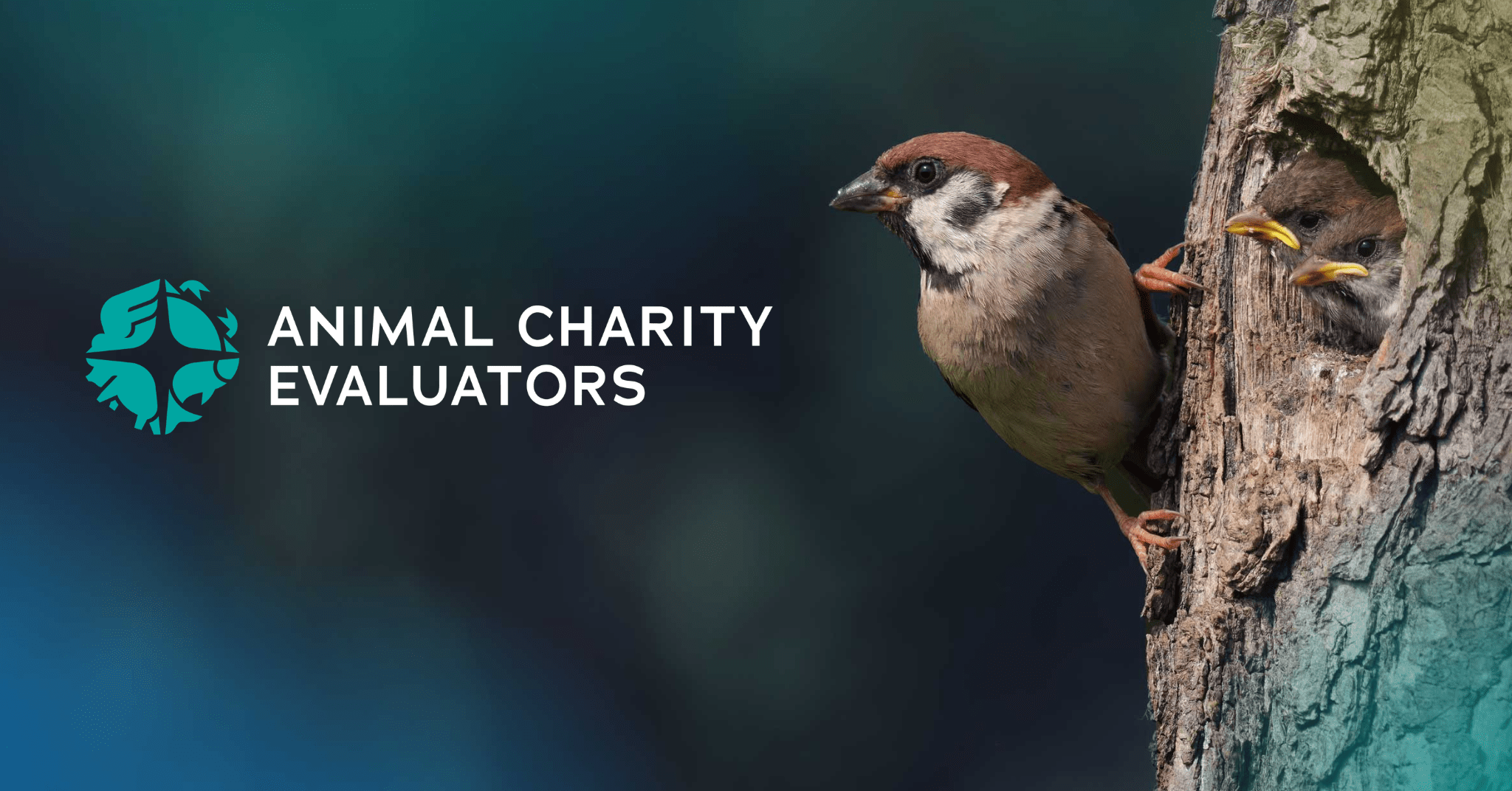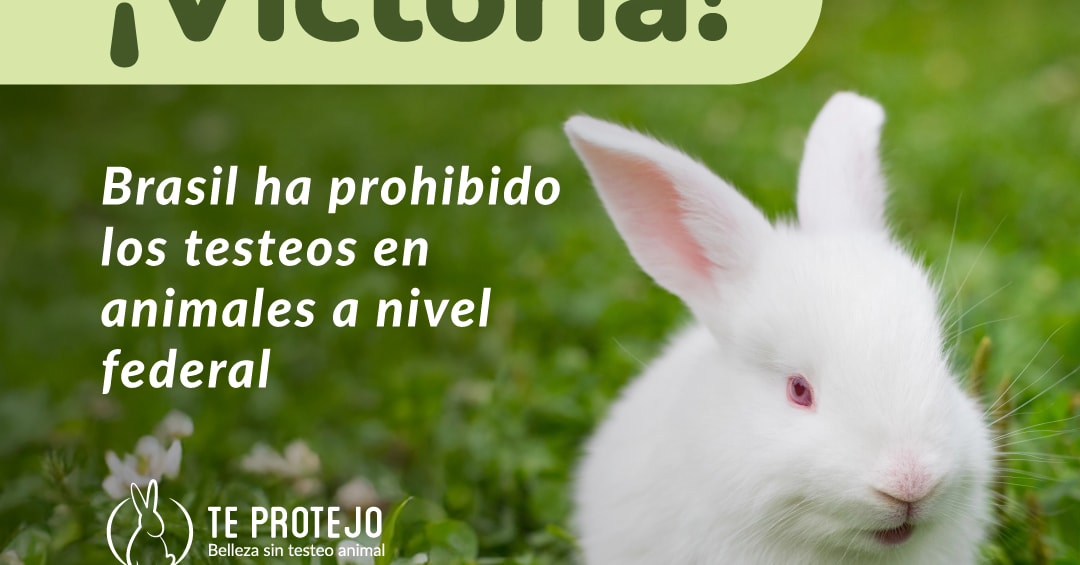Hi! We're researchers from Animal Charity Evaluators (ACE), and for the next two hours, we'll be answering questions about our 2024 charity recommendations and our charity evaluations process.
Our team answering questions is:
- Elisabeth Ormandy, Programs Director
- Vince Mak, Charity Evaluations Manager
- Maria Salazar, Senior Researcher
- Max Taylor, Researcher
- Zuzana Sperlova, Researcher
How to participate? Make sure you've created a FAST Forum account and post your questions in the comments section.
We look forward to answering your questions!
For a limited time, all donations to our Recommended Charity Fund will be matched! Your support will help all 11 of our Recommended Charities that we estimate will have an exceptional impact for animals with additional donations. Thank you for your support and for caring about creating a kind world for animals.




Thanks for your questions! This year we decided to use Ambitious Impact’s new unit SADs (Suffering Adjusted Days) in our cost-effectiveness analysis. This allowed us to provide the estimate in a unit that could directly compare the suffering across different interventions and animal species. For example, we could compare in the same unit the welfare improvement of cage-free campaigns, crate-free campaigns, and institutional meat replacement campaigns (see Sinergia’s review). We found SADs especially useful for more direct interventions, where the welfare improvement and the number of animals affected can be quantified with some certainty. Note that because SADs are a recent methodology that hasn’t been finalized yet, we expect that some of the estimates we used might change. Although we found SADs very useful in our cost-effectiveness analysis, we plan to discuss in our coming strategic sessions whether we will keep using this methodology in our evaluations, and for which interventions it might be more or less suitable. Depending on our strategic priorities and capacity, we will consider refining and updating the current estimates, as well as producing estimates for more interventions and species.
— Maria